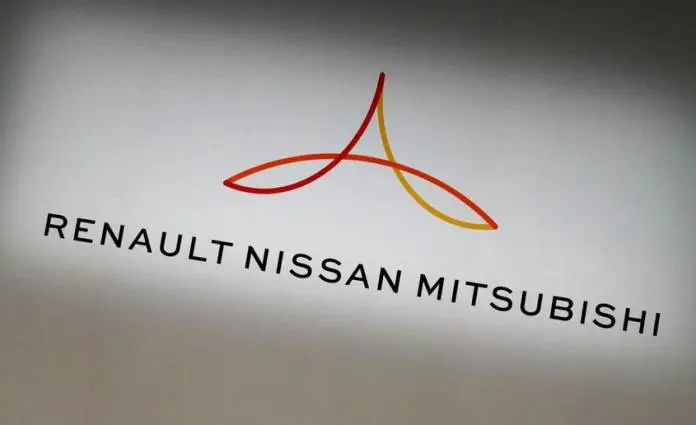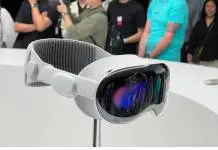
Internal sources said Nissan, Renault, and Mitsubishi have formed an alliance to develop electric vehicles (EVs) through 2030. The alliance will invest about $23 billion over the next five years to develop EV technology that will include the release of over 30 new EV batteries that will crisscross five development platforms, sources said.
Given that smaller auto companies are making a profitable foray in EVs – to the chagrin of major vehicle companies – the alliance of the three established automakers will meet the growing needs of consumers who are tending towards EVs globally. Aside from the fact that the trio of Renault, Nissan, and Mitsubishi seeks to spend about $23 billion for the objective, the group had already invested about $8.5 billion in electrification.
One of the sources called the group’s agenda the “Alliance to 2030,” adding that it will demonstrate a greater pact among major automakers in the areas of “electrification and connected mobility.” The alliance is believed to launch 90% of proposed EV plans by 2030, and it will scale across the five common platforms for such projects. Four of the five platforms have partly been developed and deployed already.
The group of Nissan, Renault, and Mitsubishi plan for their projected EVs to be cheap and as affordable as normal petrol vehicles. The alliance looks forward to deploying the same batteries that can be shared among all vehicles developed by each member of the group since this will cut down the costs of battery production.
The alliance will also manufacture their EVs cars in China, Japan, France, and Britain; including the production of 220-gigawatt hours of battery capacity. The battery technology is said to be the solid-state lithium-ion battery.
The three companies would have announced their plan last autumn in Japan, but the announcement was deferred due to the scale of the COVID-19 pandemic in the country by then. They will be making the announcement this week. Analysts said Nissan and Renault may have gone into merger if not for the 2018 arrest of former alliance leader Carlos Ghosn. The situation also led to delays in joint technology efforts.
As it stands, Renault plans for all its Renault vehicles in Europe to be 100% electric by 2030, but this agenda does not include brands such as Dacia or apply to markets outside of Europe. Half of Nissan’s cars will be fully electric by 2030, and the company looks forward to spending $18 billion over five years on EVs and gasoline-electric hybrid vehicles.










